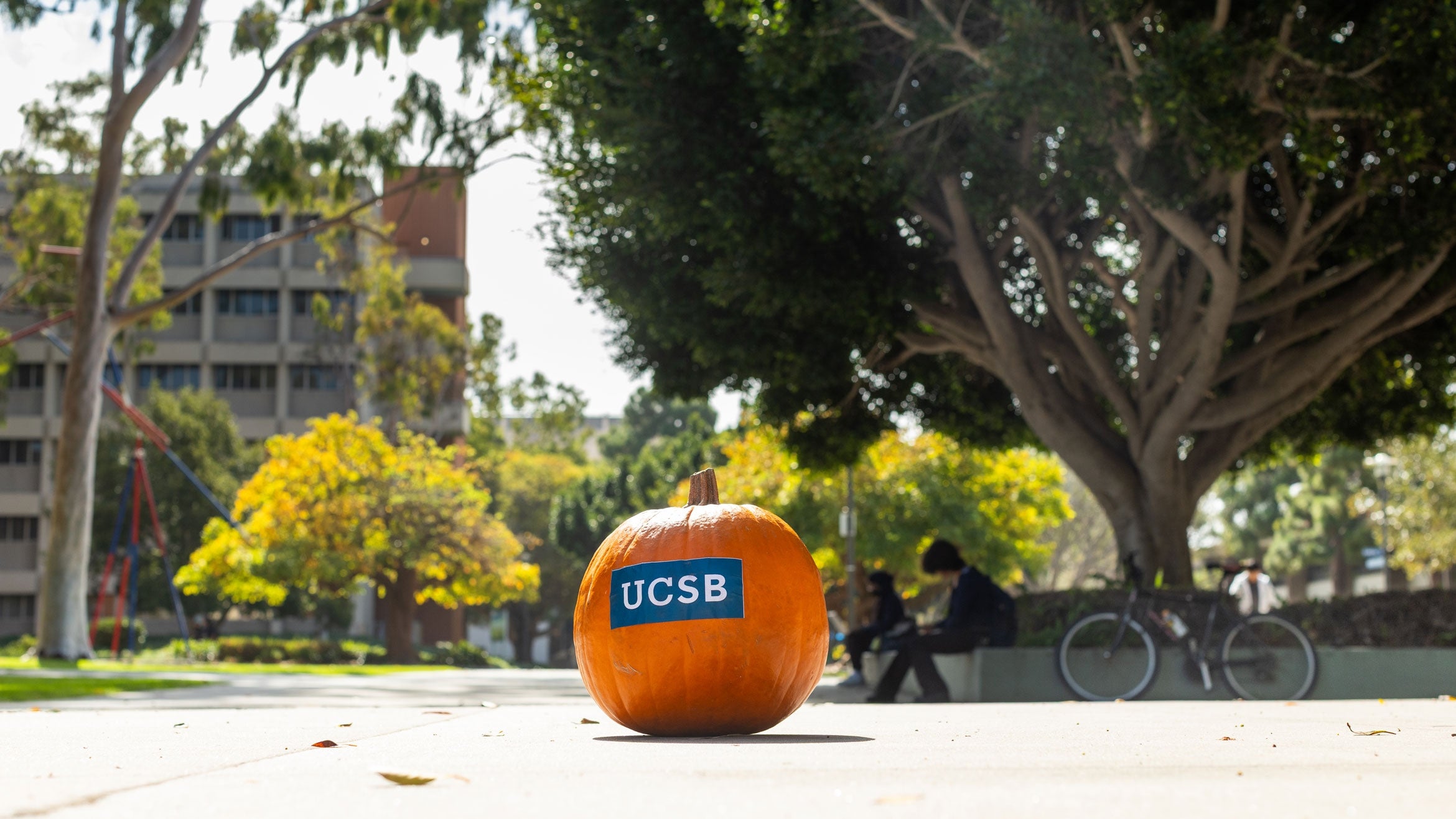
Alumna Honored for Ag Work
The University of California has announced the recipients of its inaugural Global Food Initiative 30 Under 30 Awards. The awards recognize 30 young pioneers and innovators trailblazing to solve the global food crisis by making extraordinary contributions in a wide array of food-related fields.
Among the winners is UC Santa Barbara alumna Kate Polakiewicz ’09
The 30 Under 30 Awards recognize individuals both inside and outside the UC system who have made outstanding contributions to fields including food production, food access and security, food sourcing, food education and communication, and food policy and public impact. The honorees were selected through a comprehensive nomination and review process, with a selection committee of industry leaders and influential voices in the food movement, both from within the UC system and the broader public.
The Global Food Initiative was launched by UC President Janet Napolitano in 2014 to develop, demonstrate and export solutions that help put the world on a path to sustainably and nutritiously feeding itself. She started the 30 Under 30 Awards to highlight and amplify the good work being done by 30 young leaders and further encourage dialogue about food education, access and security, health and sustainability, in line with the initiative’s goals.
“Today we honor 30 young people who have devoted their lives to addressing some of the most important topics of our day,” Napolitano said. “Food is at the heart of issues related to sustainability, climate security and healthy communities.”
Polakiewicz was chosen based on her outstanding work as an agricultural scientist, researcher and educator.
Polakiewicz, 29, is an agricultural scientist specializing in sustainable production and extension services for small-scale producers in the developing world, with a background in fair trade certification and supply chain labor practices. She helps lead the development of coffee education at UC Davis through the design of a new undergraduate course titled "Good Coffee: The Biology, History, and Cultural Impacts of the World's Favorite Drink.” This interdisciplinary course will provide students with an introduction to critical themes in agriculture.
Polakiewicz’s background includes a partnership with the U.S. Department of Agriculture and the Haitian Ministry of Agriculture through the UC Davis School of Education to train and engage agricultural teachers in applied experiential learning methodologies to amend degraded soil structure at a vocational school in rural Haiti. This year, the UC Davis graduate student will work with Catholic Relief Services’ Blue Harvest program in Honduras, which impacts hundreds of producer communities through watershed management of coffee growing regions, as part of a UC-USAID fellowship.
“Kate’s work is a great mix of research, teaching, outreach, and domestic and international extension,” said Rose Hayden-Smith, editor of UC Food Observer and member of the selection committee for the awards.
The University of California Global Food Initiative addresses one of the critical issues of our time: how to sustainably and nutritiously feed a world population expected to reach eight billion by 2025. The initiative aligns the university’s research, outreach and operations in a sustained effort to develop, demonstrate and export solutions — throughout California, the United States and the world — for food security, health and sustainability. The initiative draws on UC’s leadership in the fields of agriculture, medicine, nutrition, climate science, public policy, social science, biological science, humanities, arts and law, among others. The UC Global Food Initiative involves all 10 UC campuses, UC’s Division of Agriculture and Natural Resources, and Lawrence Berkeley National Laboratory. It is guided by a systemwide working group appointed by President Janet Napolitano and the UC chancellors. The GFI partners with nonprofits, government agencies and others to translate UC research into policies and programs that help communities in California and around the world eat more sustainably and nutritiously. It also drives operational improvements across the UC system aimed at using UC’s collective buying power and dining practices to implement best practices for healthy, sustainable campus communities.



